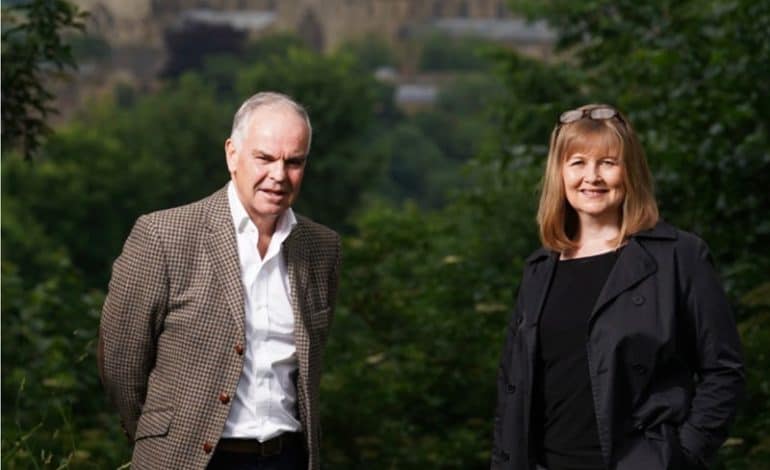Tourism contributed more than £1 billion to Durham’s economy for the first time ever in 2022, the latest industry research has revealed.
Last year, 17.9 million people visited the county, spending a record-breaking £1.04b.
This is an increase of 25.6 per cent on 2021 and 8.76 per cent on 2019 and demonstrates how the county’s visitor economy is back on track following the coronavirus pandemic.
Visit County Durham, the county’s Destination Management Organisation and Durham County Council’s tourism service, has welcomed the results, attributing the £1bn milestone to the innovation and resilience of the sector, along with strategic work to develop Durham’s visitor offer and attract investment.
And while visitor numbers have not yet reached pre-pandemic levels, ongoing activity to promote the destination through national and international marketing campaigns is encouraging visitors to stay longer and see and do more in Durham.
This has resulted in higher spending in the local economy, creating a positive outlook for future sustainable economic growth.
Further evidence of the sector’s recovery can be seen in the rising employment rate, with the number of people employed in tourism in Durham increasing from 10,063 in 2021 to 11,724 in 2022.
The data, collated using the industry’s independent STEAM economic impact model, reinforces why Visit County Durham’s work to encourage more people to stay overnight is so important.
Nine per cent of visitors to Durham in 2022 stayed overnight, but this group accounted for 48 per cent of the £1bn spent in the county.
On an individual level, the research shows that the average day visitor spent just under £25 in the county, while the average staying visitor spent about £231.
Duncan Peake, interim chair of Visit County Durham and chief executive of Raby Estates – pictured (above) with Cllr Elizabeth Scott, Durham County Council’s Cabinet member for economy and partnerships – said: “These results demonstrate how Durham’s visitor economy has not only survived the challenges of the last few years, but has emerged stronger and more dynamic.
“As a county, we were projected to hit the £1bn milestone in 2020 but for obvious reasons this did not happen.
“The fact we are where we are today is testament to the sheer determination of tourism businesses, large and small, and the commitment of Visit County Durham, the wider council and private sector organisations to ensure major developments remained on track and new opportunities were seized.
“There are still challenges to overcome and work to be done, particularly around creating more accommodation to allow us to increase overnight stays.
“However, these results show Durham’s visitor economy has bounced back from the pandemic and the future is looking bright.”
Cllr Scott added: “Hitting the £1bn milestone is a fantastic achievement for all businesses that contribute to Durham’s visitor economy and the thousands of individual staff and volunteers working across the sector.
“Tourism is a key part of Durham’s Inclusive Economic Strategy. This is because we recognise the positive difference it makes both in terms of creating jobs and prosperity and in enhancing the vibrancy of our communities through investment in new products and experiences.”
Earlier this year, Visit County Durham became one of the first destination management organisations in the country to receive Local Visitor Economy Partnership accreditation from Visit England.
Together with Visit Northumberland and Newcastle Gateshead Initiative, Visit County Durham was also chosen to pilot England’s first Destination Development Partnership.








